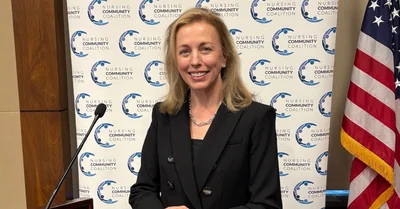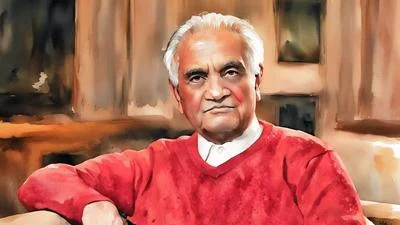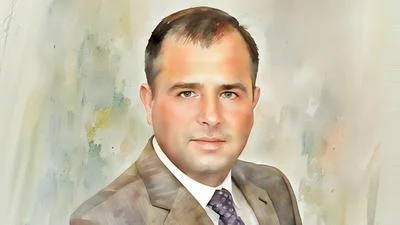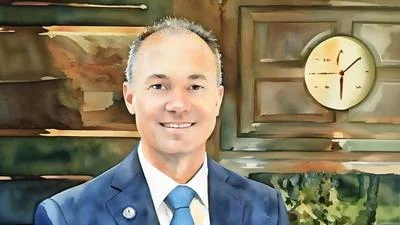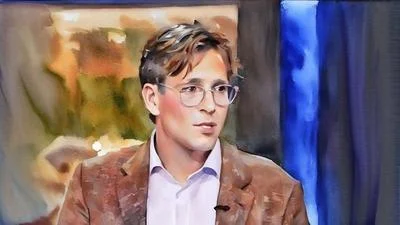By the time the COVID-19 pandemic swept across the globe, many assumed that public health protocols would be firmly in place. Yet, according to Martin Kulldorff, a fellow at the Academy for Science and Freedom at Hillsdale College, the opposite was true. Kulldorff, who served in various capacities at the FDA, CDC, and NIH, spoke with Federal Newswire about missteps in global public health during the pandemic and their consequences.
At the heart of Kulldorff’s critique is the "Great Barrington Declaration," which he co-authored in October 2020. The document, which met with some controversy, argued against widespread lockdowns and advocated for an approach known as “focused protection.” The declaration, co-signed by leading epidemiologists Dr. Jay Bhattacharya of Stanford and Dr. Sunetra Gupta of Oxford, suggested that society should shield the most vulnerable—such as the elderly—while allowing younger, healthier individuals to resume life as usual.
A Public Health Failure
According to Kulldorff, the reaction to COVID-19 was a departure from long-standing public health principles. “You cannot just think about one disease,” he explained, criticizing the narrow focus on COVID while ignoring the broader health impacts. He noted that other crucial health services were sacrificed: “What happened to cancer screening and cancer treatments? Cancer cases actually went down in 2020. It wasn’t because people didn’t have cancer; it just wasn’t detected.”
Kulldorff also pointed to the consequences of school closures. “You think that has no effect on children?” he asked. Academic performance suffered, but so did student mental health. Isolation from friends, family, and social environments took a toll. “You lose your mental health when you leave other people,” he said, stressing that public health encompasses more than just physical health—it includes mental and social well-being.
The Role of Politics in Public Health
One of the most troubling aspects of the pandemic response, according to Kulldorff, was how politics influenced health decisions. “We didn’t follow basic principles of public health,” he said. Fear drove decisions, but political maneuvering played a significant role as well. When asked why pandemic protocols were ignored, he pointed to the lack of dissenting voices in mainstream media. “In the spring and summer of 2020, there were many of us who tried to speak up. I tried to publish these things in the U.S. media…I was not very successful.”
Kuldorff found it particularly concerning that alternative viewpoints were suppressed. He recounted how he could only get his opinions published in CNN’s Spanish edition, but not in the U.S. “CNN, the English one, did not want it,” he said. The censorship of his views, he believes, points to a troubling lack of tolerance for scientific debate, especially when it contradicts a dominant narrative.
The Great Barrington Declaration
The Great Barrington Declaration emerged from a meeting in Great Barrington, Massachusetts, where Kulldorff and his colleagues crafted a one-page document advocating for focused protection. The fundamental idea was simple: while anyone could contract COVID, the risk of death varied significantly across age groups. “Older people were more than a thousand times more at risk of dying than younger people,” Kulldorff stated. Based on this, the Declaration called for protecting the most vulnerable without shutting down society.
The Swedish approach to managing the pandemic was central to their argument. “We knew that it was perfectly safe to have schools open,” Kulldorff said, citing Sweden’s decision not to close schools during the height of the pandemic. The results were telling: “There were exactly zero deaths and only a handful of hospitalizations” among the country’s 1.8 million children.
Despite the Declaration’s growing support—gaining over 900,000 signatures, including those of more than 10,000 scientists and healthcare workers—it was met with some hostility. Kulldorff recounted an email exchange between NIH’s Dr. Francis Collins and Dr. Anthony Fauci in which they called for a “devastating takedown” of the Declaration. “They weren’t able to argue with the facts,” he said, claiming that instead of engaging in a scientific debate, critics sought to silence them.
The Road Ahead for Public Health
Looking forward, Kulldorff believes the pandemic exposed flaws in the public health system. Trust in institutions like the CDC and NIH has eroded, he claims, and rebuilding that trust will be no small feat. “I think there’s a problem with trust now because both political and scientific leadership clearly went for the lockdowns,” he said. He pointed to Sweden as an example of a country that followed sound public health principles, resulting in the lowest excess death rates in the Western world during the pandemic.
According to Kulldorff, rebuilding public trust will require “a lot of honesty,” particularly when it comes to vaccines, which have become a point of contention. Kulldorff expressed concern that vaccine mandates were counterproductive and contributed to vaccine hesitancy. “We should have done focused protection on older people,” he said, arguing that natural immunity from prior infection was often superior to vaccine-induced immunity. “We’ve known about this natural immunity for almost 2,500 years.”
As for the next pandemic, Kulldorff is cautiously optimistic. “There is some recognition that we failed during this pandemic,” he acknowledged. But he also believes that new generations of public health leaders will approach the next crisis with a more open mind.
“Science progresses one funeral at a time,” he quipped, suggesting that future leaders will learn from the mistakes of the past. Whether the lessons of the Great Barrington Declaration will shape future public health policy remains to be seen.





